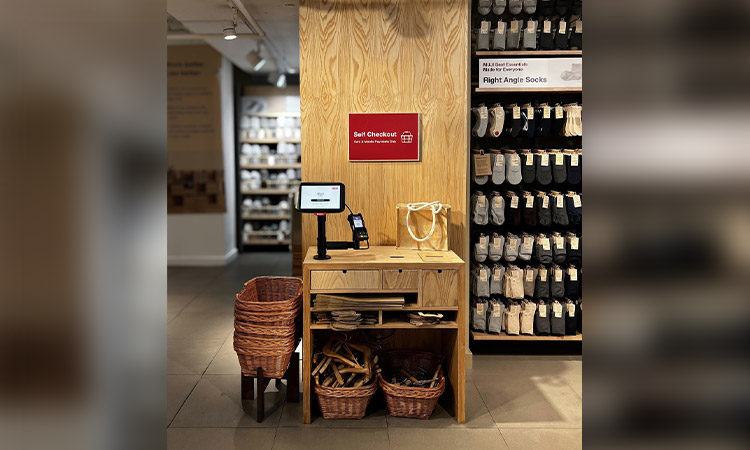In the Middle East, the traditional shopping experience is deeply rooted in the cultures of personal service and hospitality. These are customs that date back centuries.
However, cities in the region are experiencing a cultural revolution as retail giants instill change. As technological hubs and melting pots of culture, new ways of doing things are seeping in from all over the globe. Now, a new contender is challenging the Middle East’s established order: self-checkout.
Self-checkout kiosks are slowly making themselves known in supermarkets and stores across the Middle East. They promise a solution to long queues and human error.
But how is this self-service revolution faring in a market where the very essence of shopping is intertwined with human interaction and assistance? And what challenges lie ahead?
The Cultural Shift in Consumer Behavior
The Middle Eastern consumer is accustomed to a level of personal service that often includes bagging groceries, handling transactions, and even negotiating prices.
Thus, the entry of self-checkout kiosks marks a significant cultural shift. While not entirely resistant to change, a transition period can be observed as customers gradually acclimate to the convenience of self-service retail.
The traditional shopping experience in Kuwait, Dubai, Jeddah, and other major Middle Eastern cities is a carefully orchestrated ballet of service.
Store assistants are readily available to cater to every need and preference. There’s an art to this exchange that is cherished by many, and machines do not easily replicate it.




